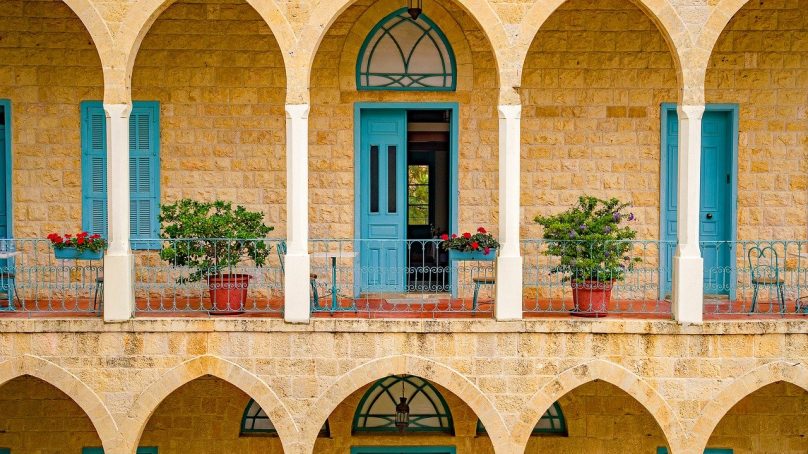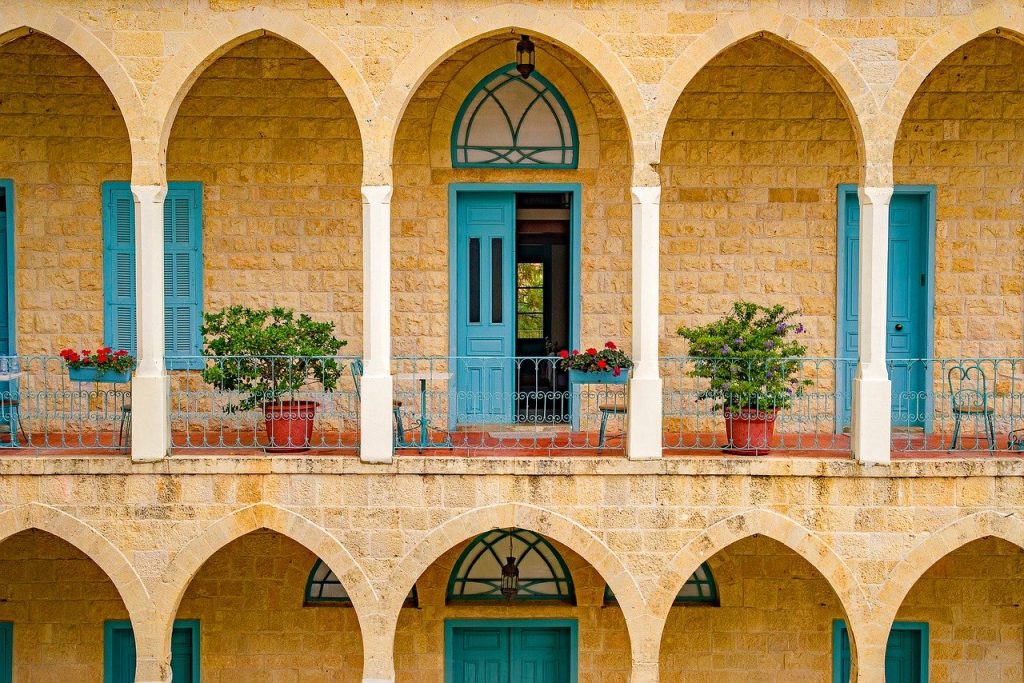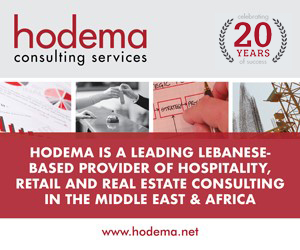In June 2020, two researchers from the Lebanese University – Faculty of Tourism and Hospitality Management conducted an online survey aiming at analyzing the Lebanese tourism domestic market dynamics from a demand perspective in light of the economic crisis and COVID-19 pandemic.
The survey questionnaire was posted on several social media platforms (Facebook, Instagram, LinkedIn). The survey sections covered Previous Outbound Travel patterns, Future Willingness to Travel, Domestic Tourism patterns (Budget, Pull & Push factors, Preferences for different types of Accommodation and F&B services), Willingness to Pay for tourism services, Preferred Destinations in Lebanon V/S Areas to avoid, and Demographics. Among the 404 filled questionnaires, 348 were valid responses for both locals and foreigners living in Lebanon.
Less willing to travel
The results showed that due to the current crises, the respondents estimate that their purchase power has deteriorated by almost 40 percent, it is expected that this deterioration has escalated after the Beirut port blast.
The deterioration of the purchase power explains the drop in the willingness to travel abroad. In the last two years, 78 percent of the respondents traveled abroad, nevertheless only 52 percent are considering traveling abroad in the next 6 to 18 months. Moreover, the average budget spent on the last trip and allocated budget for the next outbound trip showed a statistically significant decrease from $2,382 to $2,030 on average. This change in outbound travel patterns has also an impact on the destination choice. For instance, Turkey which was a popular destination for Lebanese in the previous two years, dropped by two places to be the 4th top destination. The same trend is observed for the UAE and Egypt, these two popular destinations for the Lebanese market disappeared from the top 10 destinations list.
Domestic destinations more on demand
On the domestic market level, 70 percent of respondents showed interest to travel inside Lebanon in the next 6 to 18 months and the most popular duration is a one-day trip followed by two days’ weekend. More than three quarter of the respondents (76 percent) prefer to go on tourism trips inside Lebanon with their friends, family and relatives. The ideal group size is between two and five people per trip.
The most preferred source of information about the destination and the services offered on the domestic market are social media and other internet platforms, followed by the word-of-mouth. Despite the tremendous importance of social media, the majority of domestic tourists (80 percent) prefer to book their stays/activities via phone calls. These results shed light on the importance of the Electronic Word-of-Mouth (EWOM) for tourism marketing and destinations promotion. Moreover, they show how important it is for Tourism service providers to have a professional presence on social media in terms of content and format. Therefore, tourism digital content should be attractive, informative and continuously updated. On another hand, service providers should not neglect the importance of having efficient call centers and well trained phone operators to handle large numbers of phone calls professionally and consistently.
Top destinations
According to respondents, Chouf ranked first among trendy destinations, followed by Batroun and Akkar. This could be explained by the fact that these areas represent a convenient place to practice the top three activities selected by respondents: hiking, sightseeing and camping. Furthermore, the push factors (what encourages people to take a trip) showed that the majority of respondents are seeking to enjoy nature, discover and relax. The pull factors (what attracts travelers to a particular destination) were nature, biodiversity, landscape and sceneries. Both pull and push factors and the activities are consistent with the choice of these regions. Nonetheless, an important number of natural sites used for tourism and recreational activities in Lebanon are not properly managed or do not have any management/protection measures, except for few nature reserves. Hence, there is a growing need to preserve the fragile and sensitive ecosystems of Lebanon threatened by the increasing pressure caused by large numbers of visitors and uncontrolled activities.
When asked if there is any Lebanese region they would avoid visiting for tourism purposes, 28 percent of respondents had concerns to visit some areas. In this regard, Tripoli and south of Lebanon were the main areas mentioned by the respondents, mainly due to security and safety issues (including COVID-19). These results should push tourism professionals to work on the image of these areas in collaboration with local stakeholders (Municipalities, NGOs, residents, media). This might enable them to unlock their touristic potential and to attract domestic travelers who still hesitate to visit them.
What to pay
Concerning the willingness to pay for various tourism services and activities, the results showed that for a one-day organized tour (including transportation, meal and activates) there are two major clusters of respondents for the minimum and maximum willingness to pay, with 36 percent willing to pay a minimum of LBP 40,000 and 43 percent willing to pay LBP 90,000 for a one day organized tour. As for the two-days organized tour (including transportation, accommodation, meals and activities), 32 percent are willing to pay a minimum of LBP 100,000 and 40% percent are willing to pay a maximum of LBP 150,000. The majority of respondents who wish to travel on their own are willing to pay between LBP 20,000 and LBP 35,000 for a meal and between LBP 60,000 and LBP 90,000 for one overnight. For the latter, guesthouses and camping sites are the most preferred type of accommodation.
Authors:
Jad Abou Arrage, PhD. Assistant professor at the Faculty of Tourism and Hospitality Management at the Lebanese University
Socrat Ghadban, PhD. Assistant professor at the Faculty of Tourism and Hospitality Management at the Lebanese University
Abou Arrage, J. & Ghadban, S. (2020). Lebanon’s Economic Crisis and Covid-19 Impact on Domestic Tourism Market. DOI: 10.13140/RG.2.2.

















